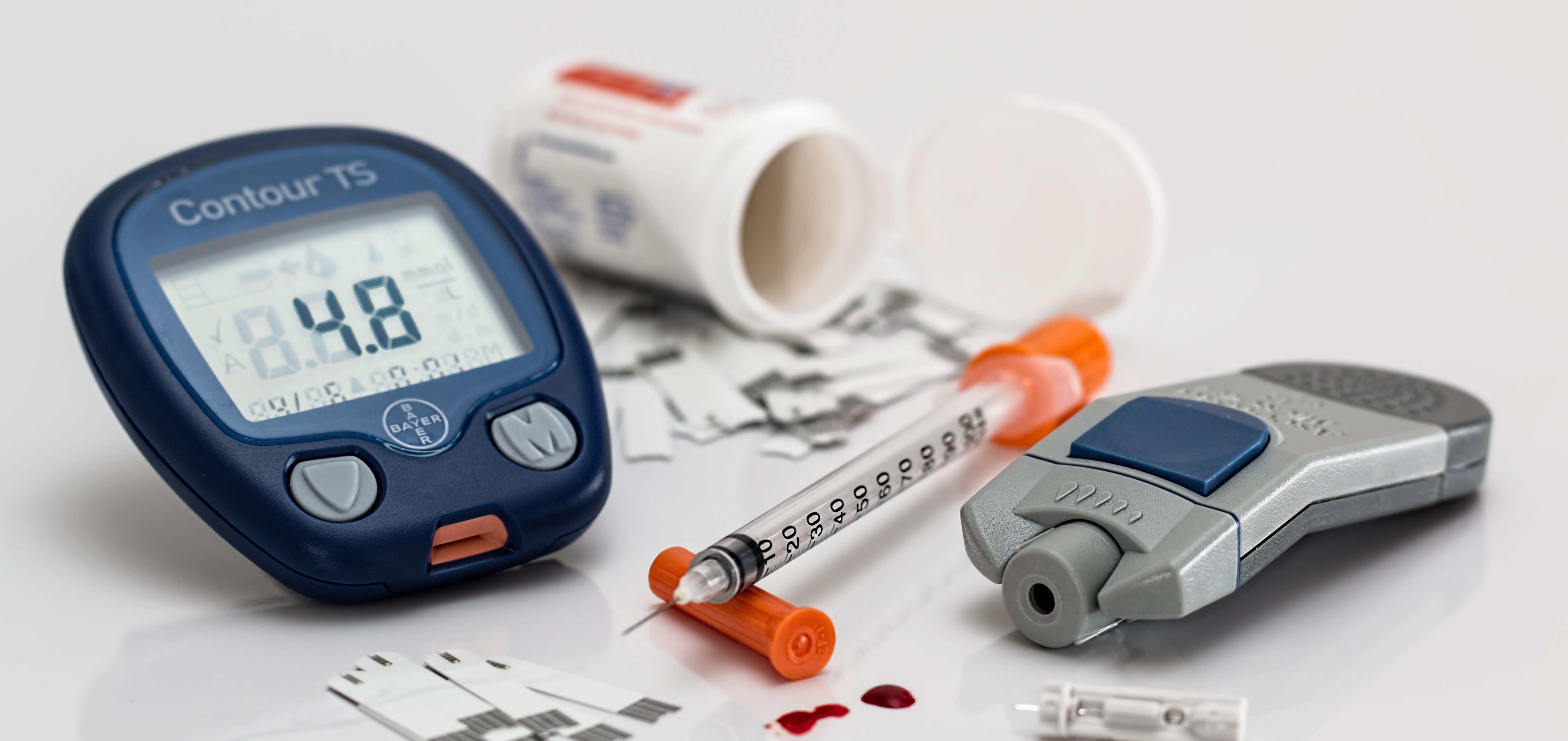Originally published in Huffington Post
By Florence Comite, MD
Look a bit beyond the tabloid headlines about reality TV star Rob Kardashian’s diabetes scare, and you will see an even bigger story: a vast health crisis that is plaguing America.
Many people don’t realize how close they are to being diabetic. Left untreated, Kardashian’s Type 2 diabetes and diabetic ketoacidosis could have been life-threatening, as it is for many in our country.
But while most media coverage focuses on the 28-year old’s struggles with weight and how he can live with diabetes given the right diet and exercise, Kardashian’s problems could have been better detected and treated sooner with the help of precision medicine.
Some 29.1 million Americans, 9.3 percent of the population, have diabetes, and 8.1 million of them, or slightly more than 25 percent, are undiagnosed. About 1.4 million new cases are diagnosed each year. As for pre-diabetes, 86 million Americans age 20 and older had it in 2012; up from 79 million in 2010.
Indeed, your diabetes risk is probably higher than you think.
Stories like Kardashian’s are all too common because our current medical models often are designed to detect flagrant disease that’s already erupted. By contrast, precision medicine proactively analyzes each unique patient at the cellular level; precision medicine analysis will go further than typical conventional tests do to diagnose looming problems sooner, and provide you with better treatment options.
Regularly in my precision medicine practice, patients arrive who look great, but have very serious problems percolating under the surface. A patient who is a well-known personal trainer in New York City told me, “I’ve been feeling faint and my doctor says I’m just dehydrated. But, I’m guzzling water and still experiencing these fainting episodes.”
He added that he’d even been to the emergency room a few times, and had already been through a bank of tests.
I asked him, “Who in your family is diabetic?” He had not been asked this question before. His answer? “Everyone.”
A precision medicine analysis, including blood work, showed that he was diabetic. We initiated a VO2 max test – a fitness test that measures how hard the heart works to use oxygen while exercising. This test has been shown by Johns Hopkins cardiologists to be the strongest predictor of mortality. It revealed that my patient had a very low capacity to produce oxygen and was at a very high risk of dying within 10 years. I sent him for further testing by a cardiologist, who confirmed my suspicion that he had suffered a silent heart attack.
I developed a personalized plan to change the patient’s exercise from predominantly resistance training to more aerobic exercise. I put him on medications and supplements, and after five months he increased his survival rate by nearly 36 percent.
Conventional medicine employs standards based on the norm, a virtually meaningless foundation if you are not the norm, if you are unique. Each of us is. Generic testing and superficial metrics simply don’t delve deep enough to offer meaningful, personalized results.
Just recently, a new client presented me with previous “conventional” lab work that labeled his fasting blood glucose level as “prediabetic.” It was. But the panel didn’t include hemoglobin A1C and insulin-metrics that are necessary to confirm the diagnosis; better yet, to reverse the condition.
Advanced lab work is just one aspect of a precision health analysis. Family history and genetics play an integral role as well. In fact, genetic testing is reportedly top of mind for the Kardashians; according to reports, Kim, Khloe and Kris Jenner have all been screened for BRCA1, a genetic mutation associated with increased risk of certain cancers.
In the coming years, advances in genomics and precision medicine will do more to help those with diabetes. One recent, important study from the Icahn School of Medicine at Mount Sinai discovered that Type 2 diabetes is actually three genetically distinct “entities.” One brought complications such as kidney disease and vision problems; one led to cancer and cardiovascular diseases; and one was most strongly associated with cardiovascular diseases, neurological diseases, allergies, and HIV infections. These findings, along with further precision tests, should eventually lead to more targeted treatment for the patient. There is also a predictive value to knowing the type of diabetes risk an individual has, as measures could be implemented to stop progression to related diseases before a single symptom arises.
The good news is that last year President Obama embraced precision medicine with a $215 million initiative to boost research. For the millions of Americans like Rob Kardashian suffering from diabetes, it’s an approach to medicine that cannot come soon enough.

